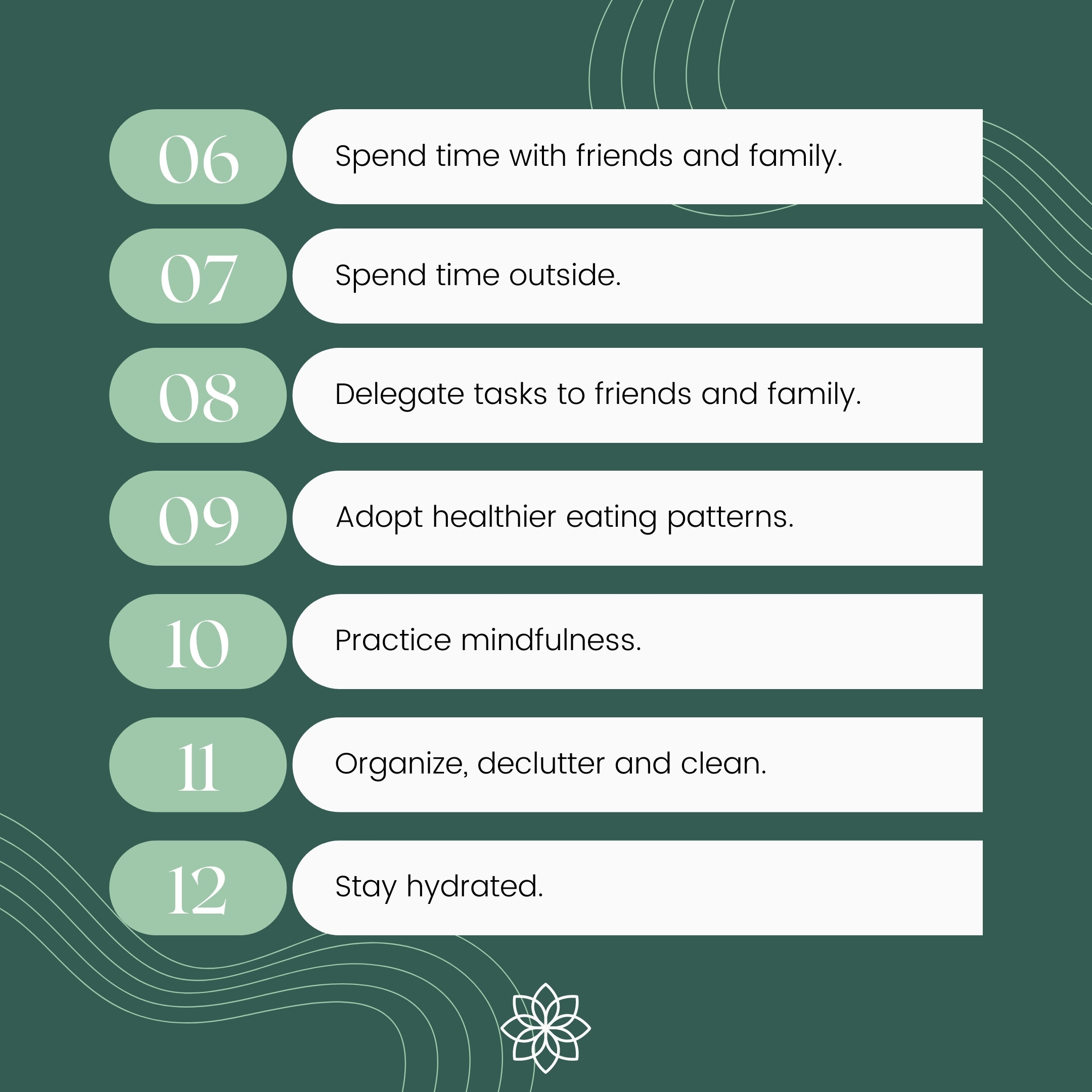Effective Time Management Techniques for Middle-aged Adults

Effective Time Management Techniques for Middle-aged Adults
Middle-aged adults, particularly those between 40 and 55, face unique challenges that can impact their time management skills. Balancing work, family responsibilities, caregiving for aging parents, and personal health can be overwhelming. However, effective time management can help alleviate stress and improve overall well-being. This article will explore practical techniques tailored to the needs and lifestyle of middle-aged adults in the United States.
Understanding the Challenges
Before diving into time management strategies, it’s essential to acknowledge the specific challenges faced by middle-aged adults:
-
Multiple Roles: Many are juggling roles as parents, caregivers for aging parents, and breadwinners .9 .12.
-
Health Concerns: Middle-aged adults often experience increased stress, chronic illnesses, and cognitive decline .8 .11.
-
Loneliness: High levels of loneliness can affect mental and physical health .12.
-
Financial Pressures: Financial vulnerabilities due to labor market volatility and healthcare costs are common .9.

Time Management Techniques
1. Prioritization and Goal Setting
Why It Matters: Prioritizing tasks helps focus on what is truly important and achievable, reducing stress and increasing productivity.
How to Implement:
-
Set Clear Goals: Define short-term and long-term goals. Use the SMART criteria: Specific, Measurable, Achievable, Relevant, and Time-bound.
-
Prioritize Tasks: Label tasks as urgent or important. Focus on completing critical tasks first .10.
2. Time Blocking
Why It Matters: Time blocking helps organize your day into manageable chunks, ensuring that each task gets dedicated time.
How to Implement:
-
Use a Calendar: Allocate specific time slots for tasks, including breaks and self-care activities .3 .5.
-
Review and Adjust: Regularly review your schedule and adjust time blocks as needed to reflect changing priorities.
3. Pomodoro Technique
Why It Matters: This technique enhances focus and reduces burnout by incorporating regular breaks.
How to Implement:
-
Work in Intervals: Work for 25 minutes, followed by a 5-minute break. After four cycles, take a longer break (15-30 minutes) .4 .10.
-
Use a Timer: Utilize a timer to stay on track and maintain discipline.
4. Avoid Multitasking
Why It Matters: Multitasking can lead to mistakes and increased stress. Focusing on one task at a time improves productivity.
How to Implement:
-
Monotasking: Focus on a single task until completion before moving to the next one .2 .13.
-
Minimize Distractions: Turn off notifications and find a quiet workspace.
5. Delegation and Boundary Setting
Why It Matters: Delegating tasks and setting boundaries help manage workload and reduce stress.
How to Implement:
-
Delegate Tasks: Learn to trust others with tasks that are not essential for you to handle personally .6 .7.
-
Set Boundaries: Clearly define work and personal time to maintain a healthy work-life balance .6 .13.
6. Technology and Tools
Why It Matters: Utilizing technology can streamline time management and reduce distractions.
How to Implement:
-
Use Apps: Explore apps like Todoist, Trello, or Google Calendar to organize tasks and schedules .2 .3.
-
Automate Tasks: Automate repetitive tasks where possible to save time.
7. Self-Care and Rest
Why It Matters: Adequate rest and self-care are crucial for maintaining energy and focus.
How to Implement:
-
Sleep Schedule: Ensure a consistent sleep schedule to improve mental clarity and energy .13.
-
Breaks and Exercise: Incorporate regular breaks and physical activity into your daily routine .13.
Overcoming Common Time Management Challenges
Middle-aged adults often face specific time management challenges:
-
Procrastination: Break tasks into smaller, manageable parts to reduce overwhelm .7.
-
Perfectionism: Embrace the concept of “good enough” to avoid excessive time spent on tasks .6.
-
Overcommitting: Learn to say “no” to non-essential tasks and set clear boundaries .7.

Conclusion
Effective time management is not just about productivity; it’s also about maintaining well-being and reducing stress. By implementing these strategies, middle-aged adults can better navigate their complex roles and responsibilities, leading to a more balanced and fulfilling life.








